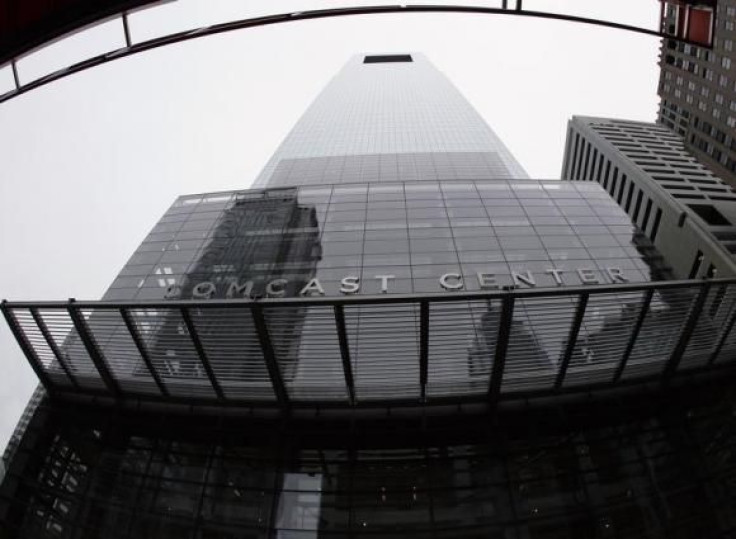Comcast Customer Service Woes Called ‘Critical’ Priority For 2015; CEO Admits Company Falls Short

Following a year of high-profile disaster stories and consumer-facing snafus, executives for Comcast Corporation admitted Tuesday that the often-maligned cable giant has fallen short in the customer service department. And they insist they’re working to remedy the issue in 2015.
“We want customer service to be our best product,” Brian Roberts, Comcast’s chairman and CEO, told analysts in a conference call. “We have not always lived up to that.”
Roberts, who called customer service one of the year’s “critical top priorities,” spoke with analysts to discuss Comcast’s fourth-quarter and full-year 2014 financial results, which show cord-cutting remains a crucial problem for the company despite a slowdown in the hemorrhaging pay TV subscribers. In 2014, Comcast shed about 194,000 video customers, down from a net loss of 305,000 in 2013 and 335,000 in 2011. The trend has been linked not only to changing media habits among younger consumers but also a notorious customer service track record that leaves Comcast among the lowest-ranked companies in the eyes of consumers.
A recent “brand vulnerability” study from consulting firm cg42 found that 53 percent of cable customers would leave their current provider if they had a choice, and almost two-thirds believe cable companies are “predatory” in their practices and take advantage of consumers’ lack of choice. Comcast, the country’s largest cable operator, has been beleaguered by a string of bad press surrounding its customer service, including a viral audio clip last summer featuring a Comcast “retention specialist” refusing to let a customer cancel his service without an explanation.
In the conference call, Roberts acknowledged the company’s customer service methods warrant attention, but he insisted that steps are being taken to fix the issue. “If we can reinvent and improve customer service, we can make it easier for our customer to experience what we are confident is the best platform and the best content on the fastest network,” he said.
Stephen Beck, a managing partner with cg42, remains unconvinced. “In my opinion, until we see real action, real program, real change, what we have are some words designed to present the illusion of caring,” he told International Business Times.
Comcast reported a 0.6 percent increase in net income, to $1.93 billion, or 74 cents per share. Adjusted EPS was 77 cents per share, missing analysts’ estimates by a penny. For the three-month period ended Dec. 31, Comcast added about 6,000 pay TV subscribers, down significantly from 46,000 for the same quarter in 2013. High-speed Internet subscribers were flat, with a net gain of 379,000 compared with 379,000 last year.
Beck said the slowed growth is further evidence that people are “voting with their feet.”
Neil Smit, executive vice president of Comcast, also addressed customer service concerns in Tuesday’s earnings call, saying the company has taken a number of steps to improve the customer experience, including a deal with UPS to manage equipment returns and an index to track how many times an individual customer has contacted the company.
Smit said fourth-quarter video results were driven by improved customer retention. “We’re very much focused on the on-boarding process, where the churn is two to three times higher in the first 90 days. We want to get that experience right for the customer,” he said.
Just last month, Comcast was forced to apologize after an employee changed a customer’s name to “A--hole Brown” on his cable bill.
Beck said the volume of complaints against Comcast reflect a flawed internal culture that perpetuates an adversarial relationship between customers and the company. “I’m a firm believer that actions speak louder than words,” he said. “If you only feel like you need to talk about customer service because unfortunately it’s been a hot topic in the press lately and it’s not core to how you’re going to grow the business long term, than honestly it’s just a little bit of lip service.”
Christopher Zara is a senior writer who covers media and culture. News tips? Email me here. Follow me on Twitter @christopherzara.
© Copyright IBTimes 2024. All rights reserved.












